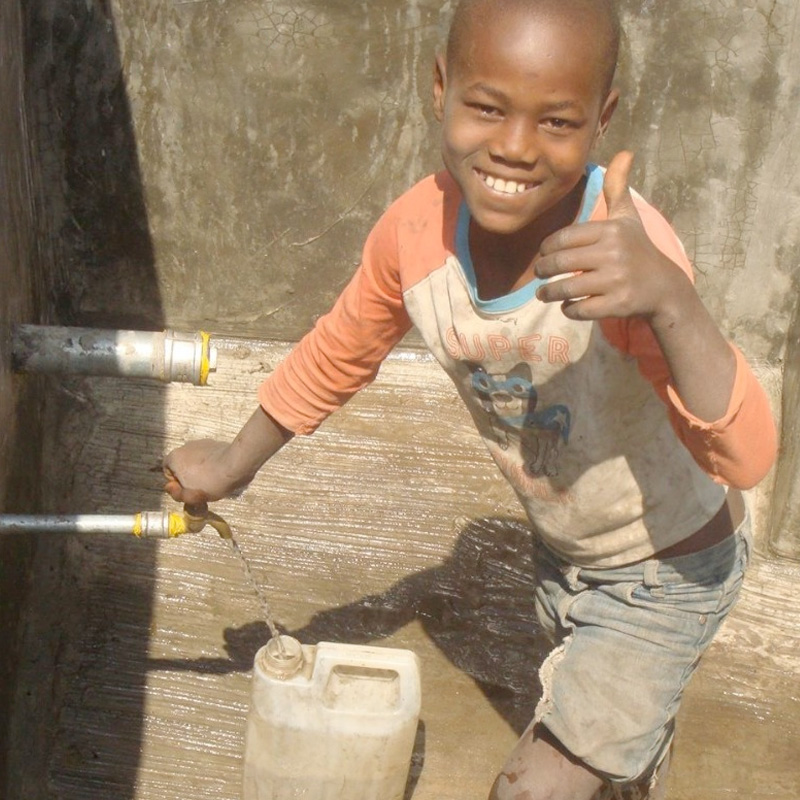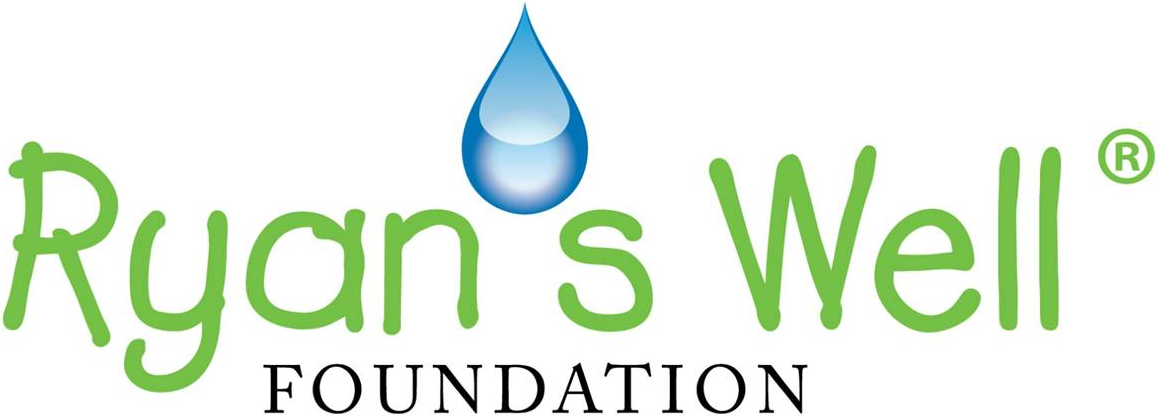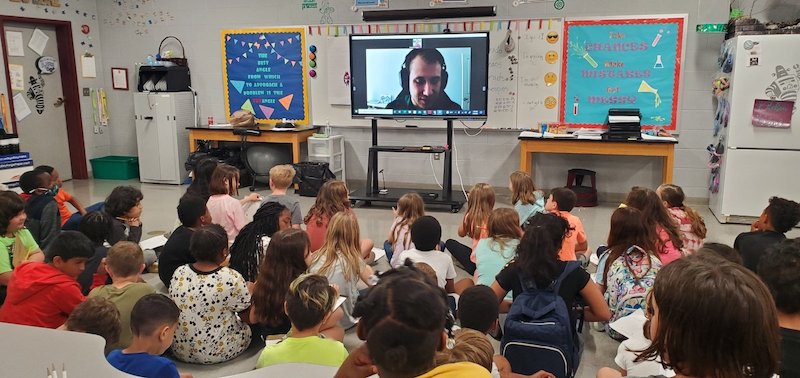Did you know that only 3% of the world’s water is drinkable?
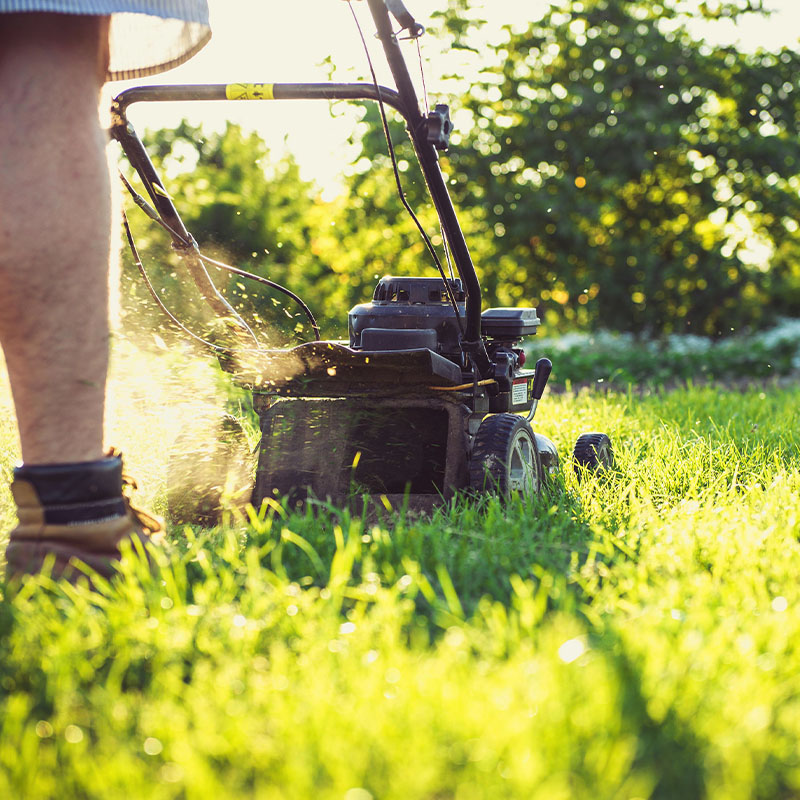
Mowing the Lawn
When mowing your lawn, set the lawn mower height to 1.5 to 2 inches. Taller grass offers more shade to the roots, and holds soil moisture better than short grass, so it doesn’t need to be watered as often.
After mowing, leave the clippings on the grass; it cools the ground and holds in moisture.
Playing in the Water
Avoid water toys that use a constant stream of water, like sprinklers. Or, if you would like to use them, be sure to play in an area of lawn that could use some watering!
Also, try not to overfill your pool. If the water level is lower, less will be lost from splashing. Less splashing = less refilling!
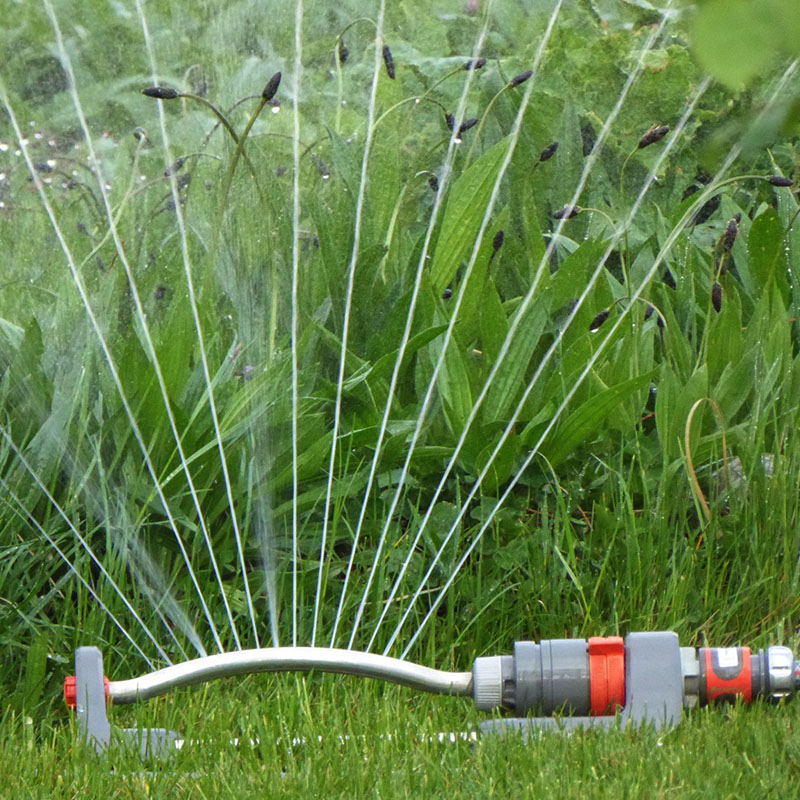
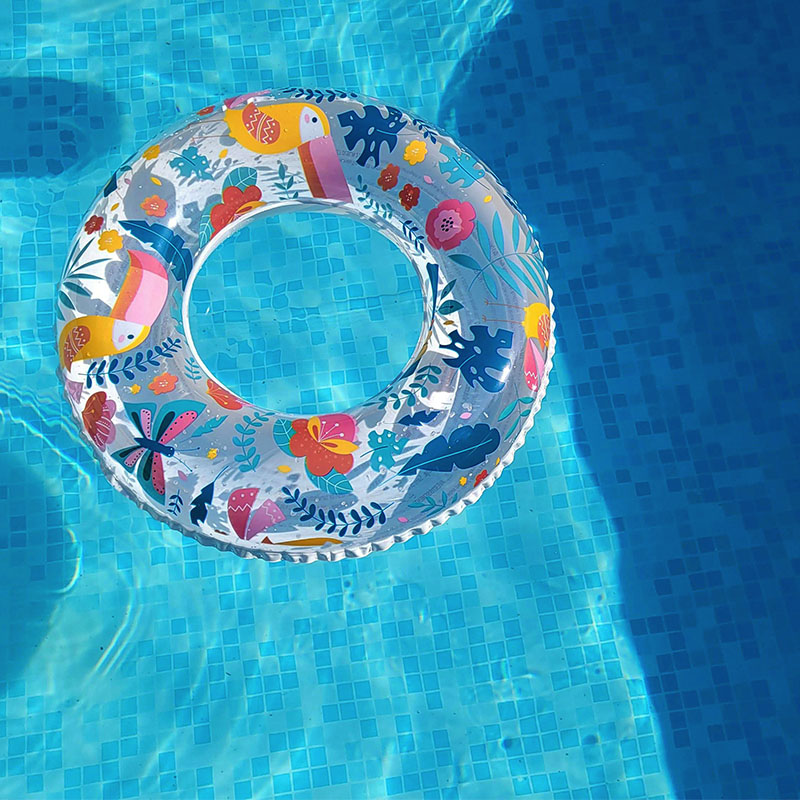
Taking Care of Your Pool
If you have a pool, use a pool cover. Not only will it keep your pool clean (and you’ll use fewer chemicals), but it will also help prevent water loss through evaporation.
When you’re done in the pool, be sure to use your towels more than once. This means fewer loads of laundry, and less water used.
Washing Your Car
Wash your car on an area of the lawn that already needs watering. Or, even better, bring it to a commercial carwash that recycles its water!
If you are going to wash your car at home, try to either use a hose nozzle attachment, or turn off the water while you’re washing your car. Do this, and you’ll save 100 gallons every time!
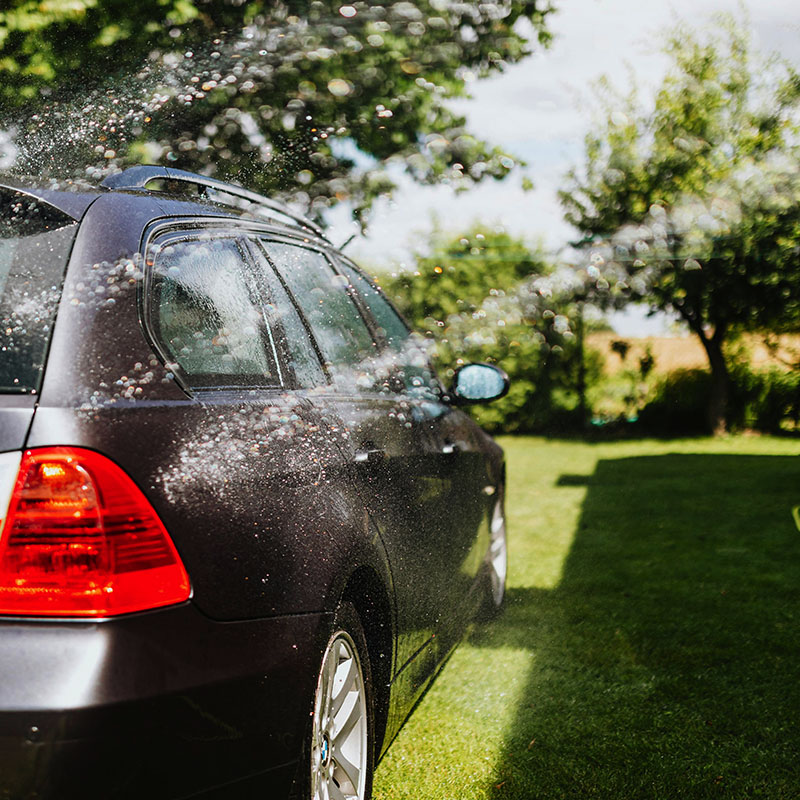
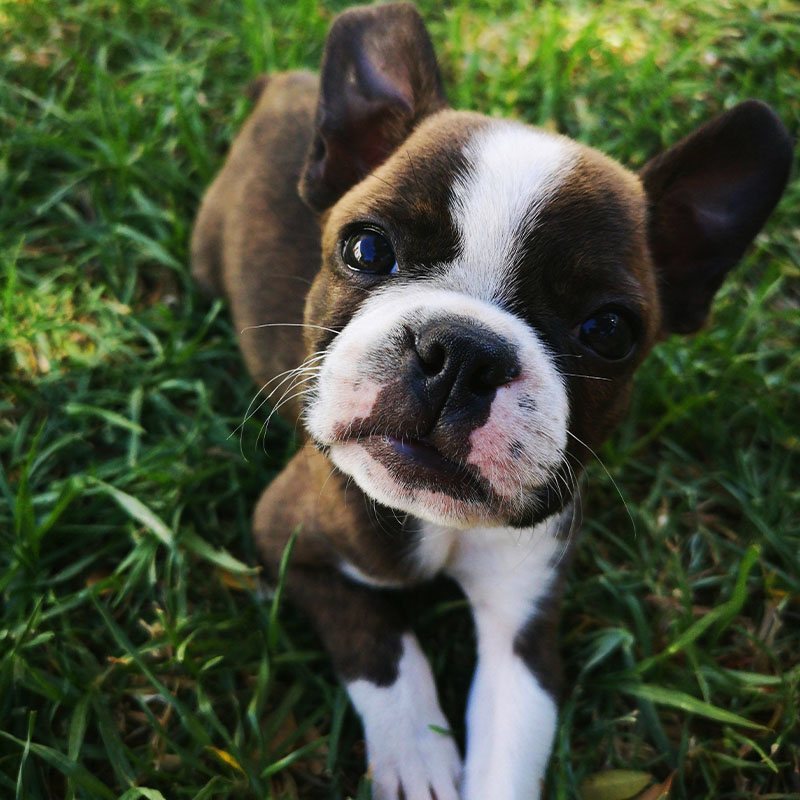
Bathing Your Pets
Instead of washing your pets in the bathtub, kill two birds with one stone and get them all fresh and clean on an area of the lawn that needs watering anyway. Your lawn (and your pet) will thank you!
Cleaning Outdoor Surfaces
When cleaning outside, use a broom to sweep away dirt, gravel, and debris from your sidewalk, driveway, or patio. Using a hose wastes water unnecessarily, when sweeping works just fine!
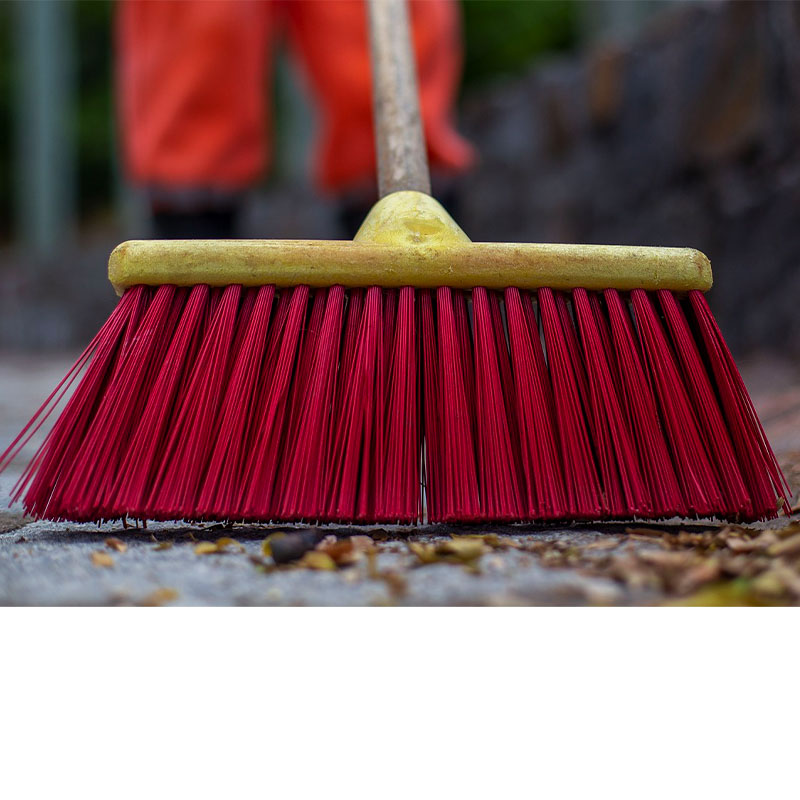
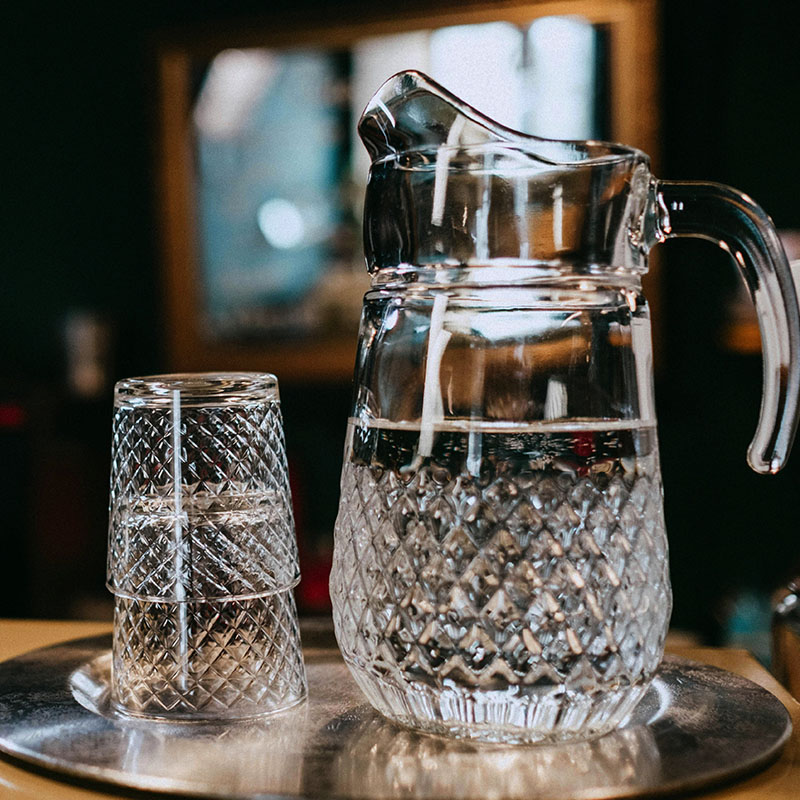
Drinking Water
Maybe you need a nice, cool drink of water after all that sweeping! Well, rather than waiting for the water from the tap to run cold, keep a pitcher of cold drinking water in the fridge. That way, the water goes into your glass, rather than down the drain.
Done with the ice from that drink of water? Pop them into a houseplant’s pot to give them a nice, refreshing cool-off too!
Dishes
When your dishes need to be cleaned, fill the sink with warm water, rather than running the tap to wash. If you have a dishwasher, only run it when it is full – you could save up to 1,000 gallons of water a month!
Designate one glass for your drinking water each day, or refill a reusable water bottle. This will cut down on the number of glasses to wash, meaning less water used!
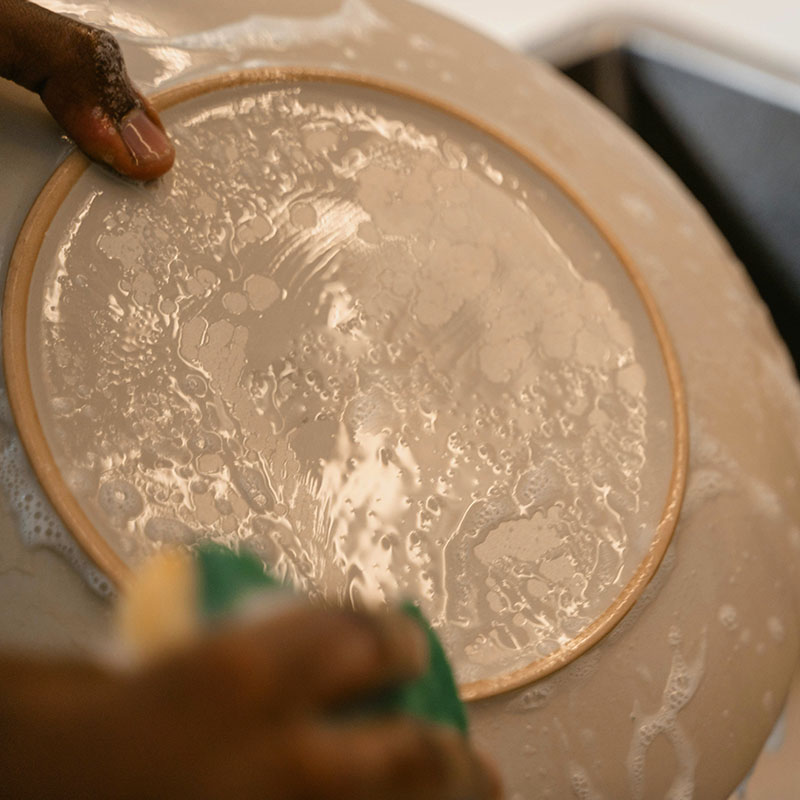
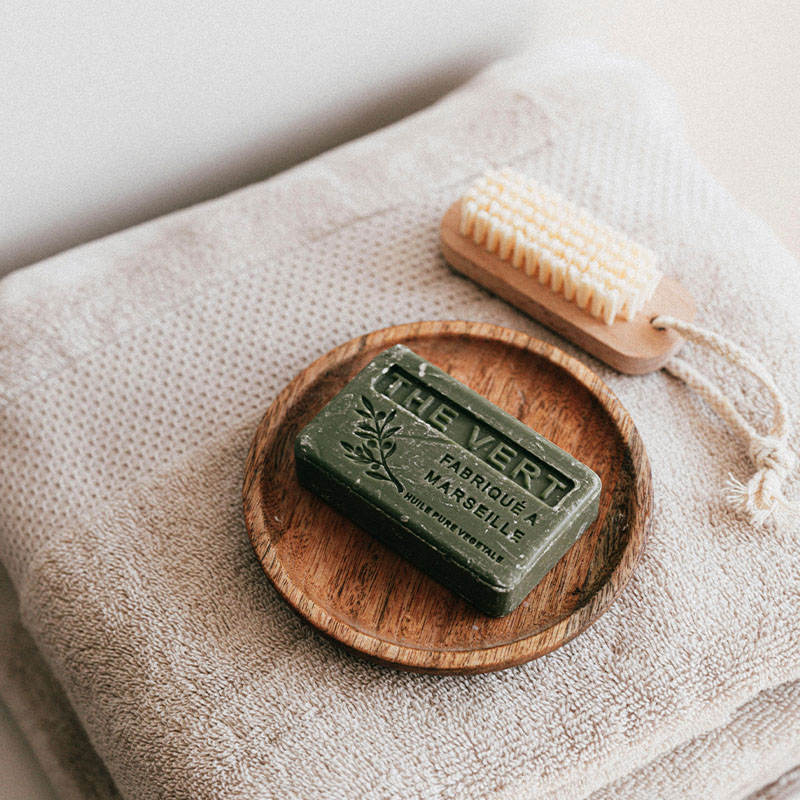
Personal Hygiene
There are lots of tips to help you save water while you are keeping clean! You could turn off the tap while you’re brushing your teeth or lathering up your hands, take quick showers instead of baths, or plug the sink while you’re shaving! These are all easy ways you can help save water!
Another good tip (if you do enjoy taking baths), is to put the plug in before you start running the water – you can adjust the temperature as the bathtub fills.
Leaks
Toilet leaks can be totally silent, but can waste A LOT of water! Be sure to test your toilet for leaks at least once a year by putting a little bit food colouring in the toilet tank; if it seeps into the bowl without flushing, there is a leak. One drip every second adds up to five gallons a day!
Check your faucets and shower heads for leaks as well. Monitor your water bill for unusually high use. Your bill and water metre are tools that can help you discover leaks. Fix any leaks, and start saving water (and money) right away!
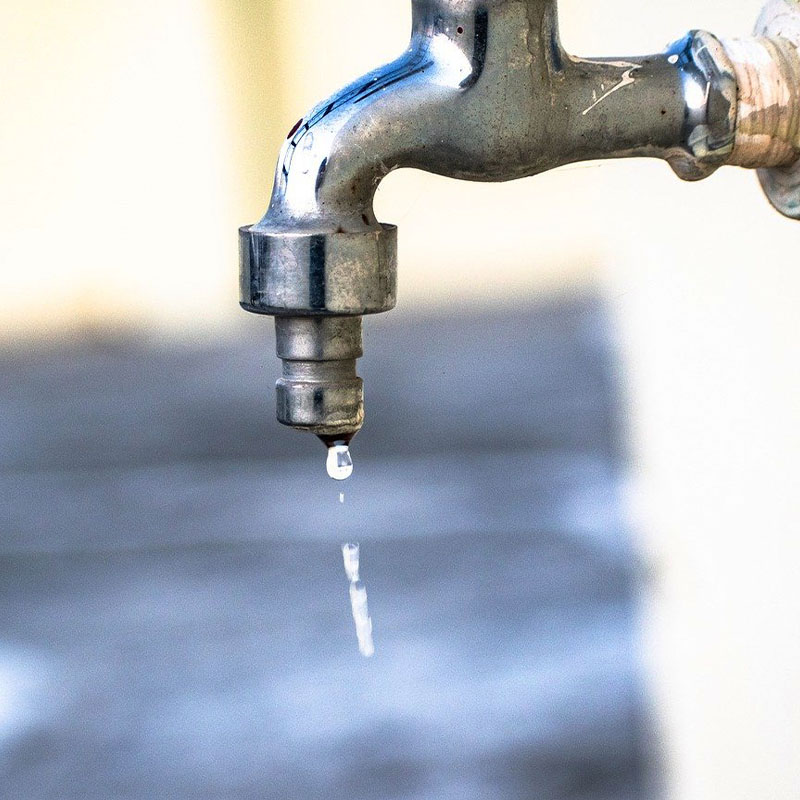
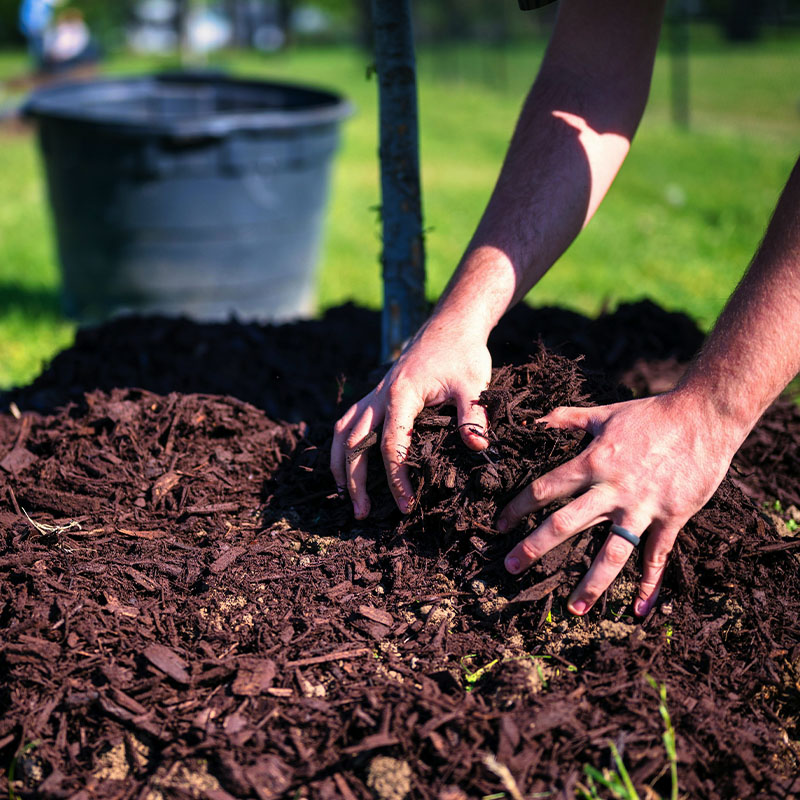
Caring For Your Plants
There are many ways to conserve water when designing your garden beds – including using a layer of organic mulch on the surface of your planting beds to minimize weed growth that competes for water.
Other tips include collecting rainwater from your roof and using it to water your plants and trees, grouping plants with the same watering needs together to avoid over watering some while under watering others, and starting a compost pile to use in your garden or flower beds, which adds water-holding organic matter to the soil.
Cooking
Cook food in as little water as possible. Not only will this help to save water, it will also help your food retain more nutrients!
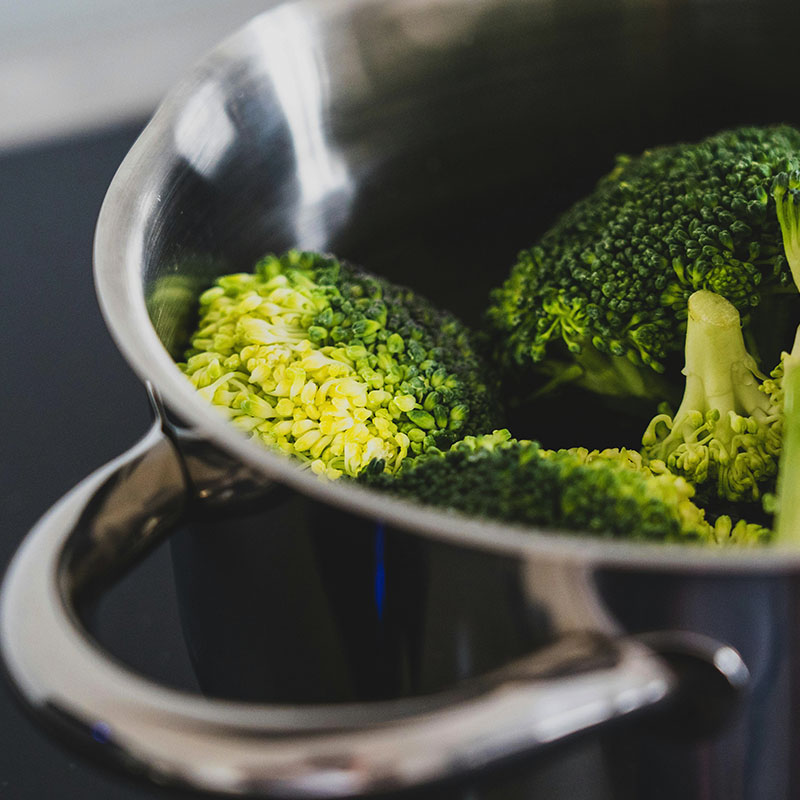
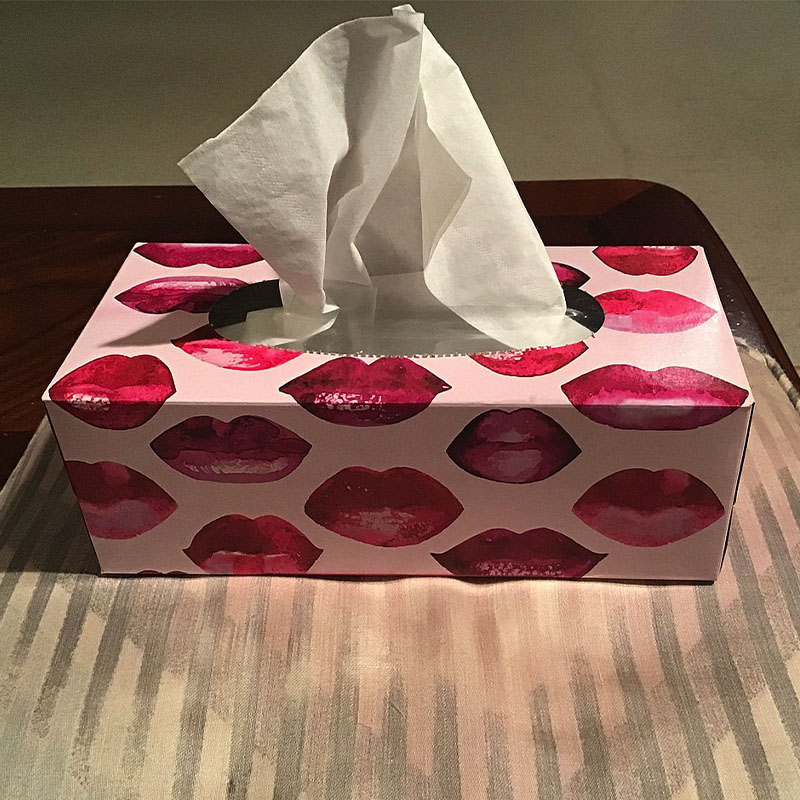
Tissues
And, Lastly, Spread the Word!
The best thing you can do to help save water is to tell others about it! Talk to your friends and family, your teacher, your principal, local politicians, or even a big corporation about what they can do to save water and help end the water crisis. Help spread the word! We can all do our small part to conserve water; it starts with us!
